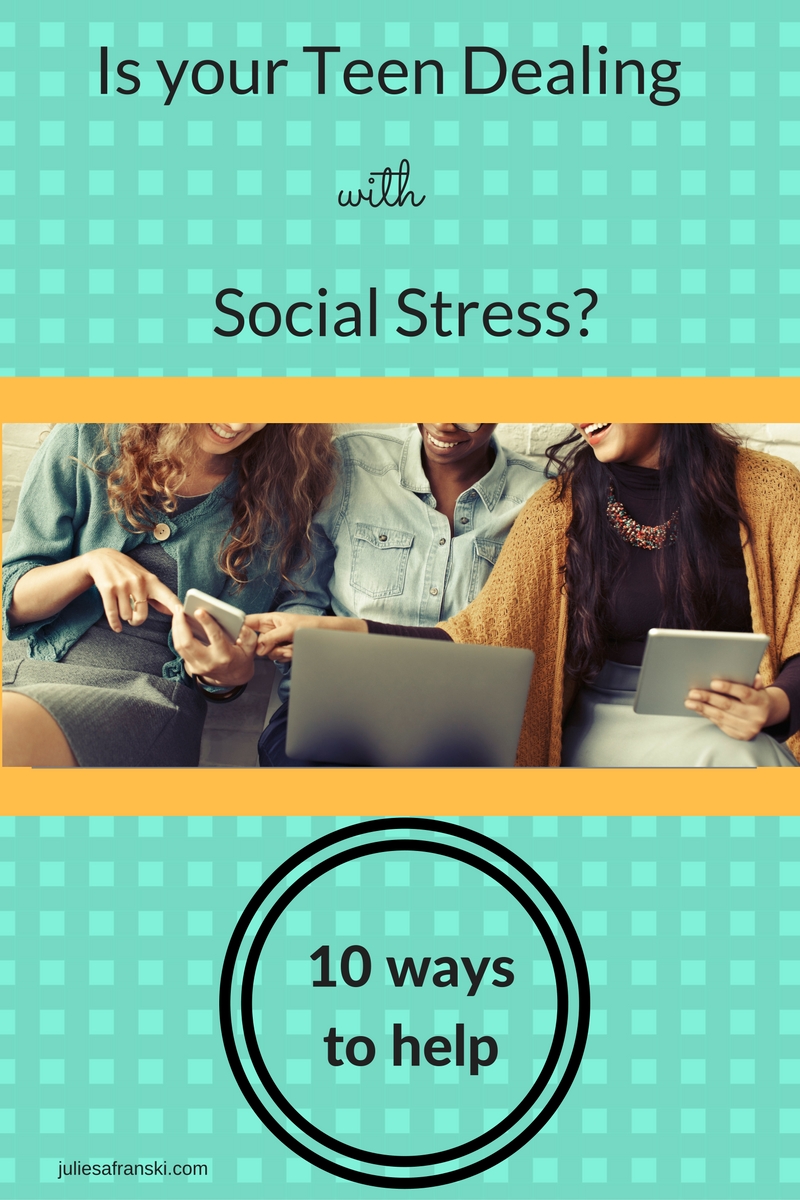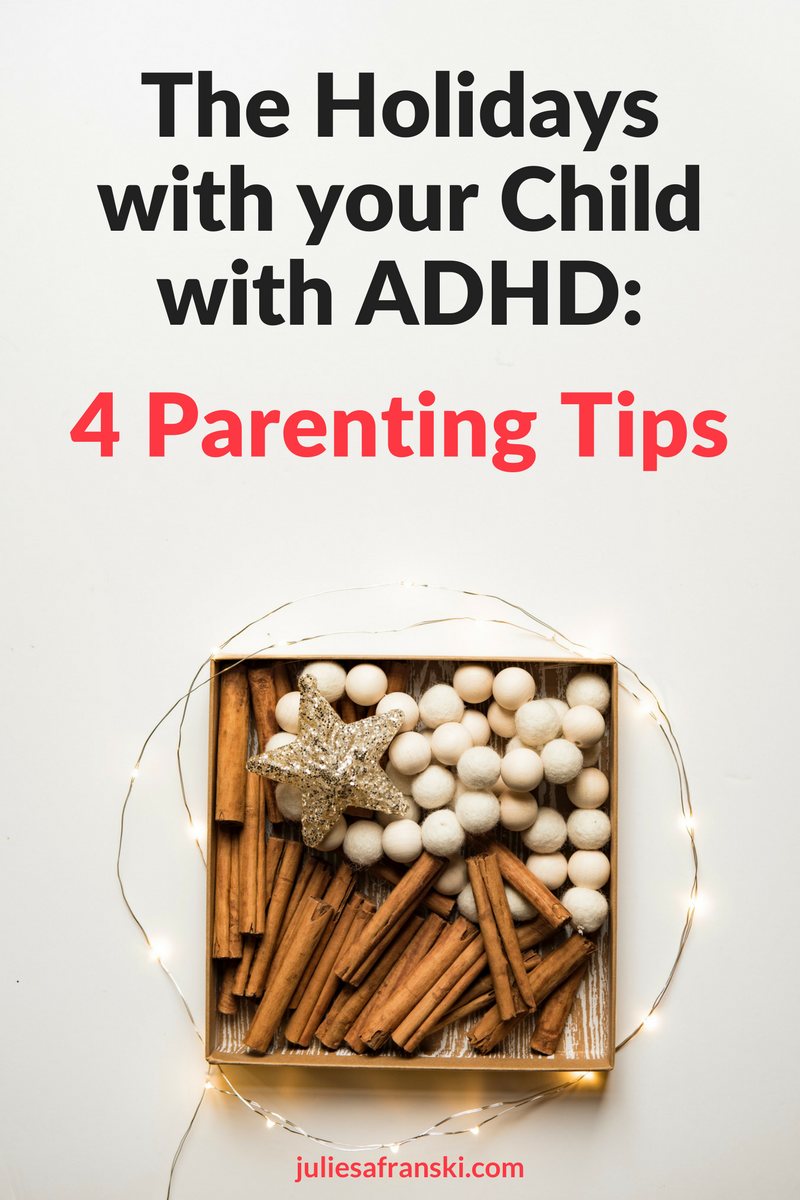You might be thinking “what has happened to my child?” as they enter the pre-teen and teen years. Your once even-keeled, laid-back child who willingly hung out with the family now has all of their focus on what their friends are doing. They may be stressing about things they never cared about (eg. what clothes you are buying for them) and now are asking to see their friends more than ever. A lot of teens look to their parents for help but how do you support them without doing too much? Here are some thoughts about how to help your kid manage social stress.
Understand teens have big emotions.
For teens everything is a big deal and social stress creates big emotions. Biologically that’s what happening in their brain. And as parents we tend to want to swoop in and make everything better which isn’t always the best in the long run. The best thing we can do is listen, let them sort out how they want to handle it and ride out the wave of emotions. By the next day, they often have forgotten about it and moved onto something else (or the next drama).
Socializing through social media is the norm.
Back in the day, we went to the mall to hang out with our friends. Now kids go on social media. A lot. But you can still have ground rules even if they don’t leave your house to socialize. This includes time limits, charging their phone at night in a central area or times of the day they are not allowed to use it (e.g. mealtimes).
Your child’s friend group might not look like the one you had.
Some kids have one or two friends that they hang out with consistently. For some kids, they hang out in huge groups. No matter what they decide, as long as the kids they choose to be with have a positive influence, try not to compare your childhood experience to theirs. Your child will feel the pressure to measure up with your expectations.
Kids know their friends better than you do.
As parents we may say “why don’t you hang out with Kaitlyn?’, the girl they have known since since elementary school. But your teen may be saying no because they are aware that Kaitlyn is doing things that you would not approve of but they don’t want to reveal it. Appreciate that your child may know more about these things than you and you may be encouraging friendships that you actually do not want to condone.
Check to see if your rules are age-appropriate.
Sometimes as parents we make a random rule such as “no makeup” until freshman year. That may be setting your child up for social stress and feeling ostracized. Talk with other parents to see if your expectations are realistic and in the ballpark.
There is a social standing among the kids whether we like or not.
We hope that our kids are not facing the social hierarchies we did as kids. Unfortunately, there are still the popular kids that everyone measures themselves up to. Acknowledging there is a pressure for kids to participate in certain events because it affects their social status will go a long way. Understanding doesn’t mean you have to agree with it.
They may want to vent, not get advice.
Teenagers come home from school or a friends house and they may launch into a story of a situation that is bothering them. Your first reaction may be to offer advice but really all they want to do is vent. Knowing when it is important to just listen will be why they keep coming back to talk rather than hide in their room.
Define what is a healthy friendship.
Some kids don’t know what it means to have a friendship that is supportive, positive and reciprocal. Instead they try to hang with popular kids and it can end up being one-sided or they get treated poorly increasing their social stress. Encourage them to seek out kids who genuinely want to hang with them rather than for a particular purpose.
Empathize with them when they are being mistreated but get involved if they are being bullied.
Listen to their story and offer suggestions of ways to cope with the situation. Sometimes kids are learning how to socially problem solve and manage the ups and downs of friendship. But if it appears to be a targeted, chronic issue whether it be in-person or online, addressing the bullying situation is crucial.
This phase doesn’t last forever. Promise.
Early teenagehood is a struggle for everyone, particularly 6th through 9th grades. As they get older, kids start settling into their social groups and know where they stand with their friends. This is when the drama begins to lessen and they are beginning to feel more socially and emotionally confident.
If you feel like your teenager is having difficulty navigating social pressures and you aren’t sure what to do, seeking the help of a professional mental health clinician may be helpful. Working together with a therapist to identify supportive strategies to help your teenager can make all the difference.
Julie Safranski, LCSW is a Chicago psychotherapist. She enjoys working with pre-teens, teenagers and their parents as they build their social and emotional competence. She can be reached at js@juliesafranski.com.

